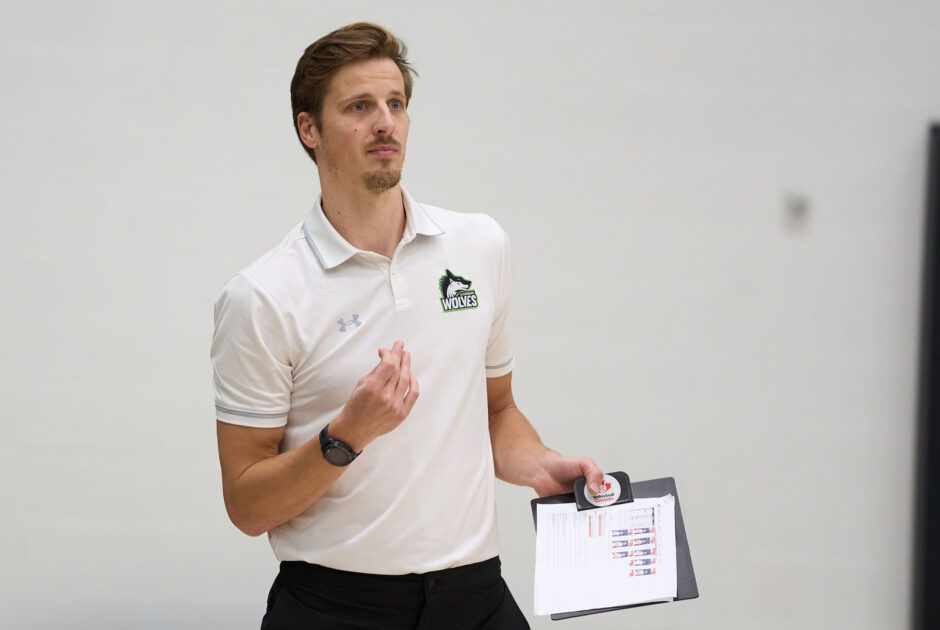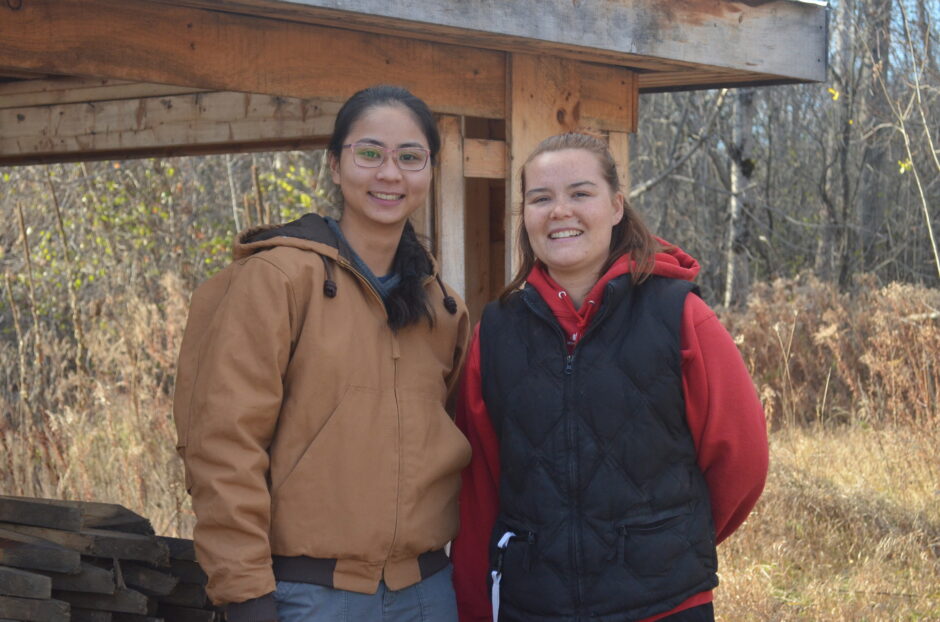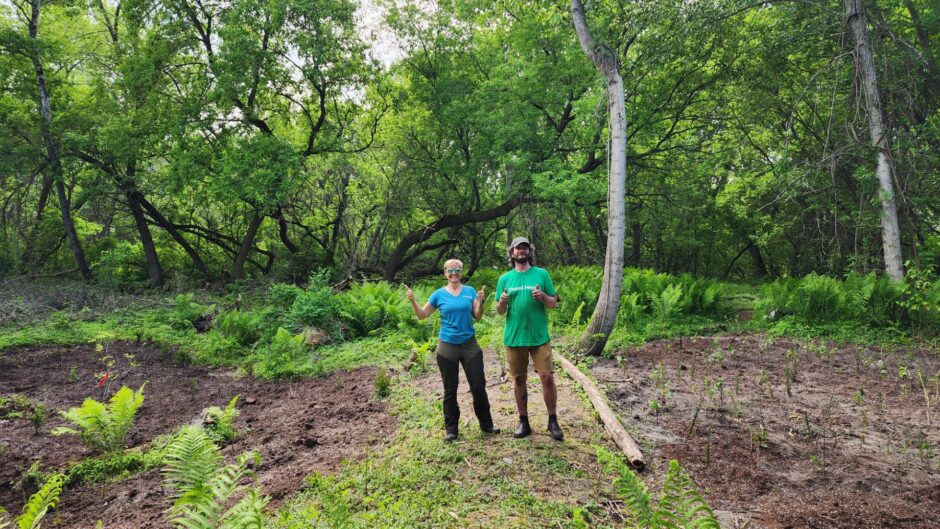Ontario’s sexual education curriculum needs to do better

On a rainy day in the seventh grade I sat down at my portable desk and whipped open my trusty Fully Alive book in health class. It was scheduled to be my first day of learning about sexual intimacy, which I couldn’t have been more curious about.
“When a man loves a woman…” my teacher began to mutter while nervously avoiding eye contact with the class. Two minutes into his vague spiel, he asked us if we had any questions he could address.
Of course, my hand shot up in the air, and the question I asked set the tone for the next 10 years of my sexual identity journey: “What is a virgin?”
The aftermath of posing this question has haunted me every day since. My teacher cupped his hands over his face and I could see his pink cheeks around the edges. Then, the portable filled with howling laughter from my classmates.
I instinctively buried my face into the book that once inspired self-discovery, and now elicited feelings of utter shame. That feeling has lived rent-free with me throughout the last 11 years.
The current Ontario Curriculum for Health and Physical Education provides a generic overview of what sorts of sexual health topics teachers should be exploring with students at each grade level. However, there are far too many nuances in how educators administer these important lessons.
“The sex-ed curriculum is actually pretty good now, but it is hard for teachers to administer because it really depends on the teacher and how much they want to teach,” said Sarah Crawford, the sexual violence prevention and harm reduction coordinator at Algonquin College.
The reason the curriculum is difficult to administer congruently for teachers in Ontario, according to Crawford, is because some spend less time teaching prompts in the curriculum handbook than others.
Crawford also mentioned that teachers also have the liberty to separate boys and girls when teaching units on sexual education.
“This is also problematic if you have transgender students or gender non-conforming students,” said Crawford. “The curriculum was created to be inclusive for everyone — it is better when all the students learn together.”
If students do not have unfettered access to information that teaches them the function of each other’s bodies and their right to their own body, then they will not be able to respect anyone else’s body autonomy.
There is also the fact that students often stop learning what they need to know too soon. In my case, when gym and health were no longer mandatory courses, I dropped them because I wasn’t planning on pursuing a future in health education.
From then on, however, I was also no longer taking courses that educated me on my reproductive system and sexuality — this choice robbed me of fundamental knowledge that eventually took a toll on my understanding of body autonomy.
Putting a stop to mandated sexual education in the ninth grade directly affects an individual’s ability to understand the importance of access to safe abortions through healthcare services, which can sometimes be a life-or-death matter.
This has become a huge issue across the board in Ontario, and the following question remains unanswered: why are we putting an end to sexual education in the formative years of a teenager’s life?
Ontario’s sexual education curriculum needs to do better. Teachers are in dire need of richer guidance about how they can deliver these foundational lessons consistently.
Educators are there to teach sexual health for only a small portion of a high school student’s sexual journey, so it is important that help students become body autonomous.
According to Zelda Marshall, a hostess of Algonquin College’s Dirty Bingo night, consistency will allow for students to have access to the same information across the board, but it is an unlikely ideal.
“No matter how good the training is, it’s ultimately still up to the discretion of the teacher,” said Marshall.
Marshall also emphasized the importance of access to information online for students who feel as though the sexual health curriculum isn’t answering their questions.
“The Ontario government rejected the latest revisions to the curriculum which would include material on the transgender phenomenon,” said Marshall. “I hope at least students who want to know more can access information online.”
There is an inherent “societal control piece,” according to Crawford, that switches bodily autonomy from a positive thing to a thing that needs to be controlled when young women grow up and are deemed as sexual beings.
“It again comes to that power and control piece, where society has told us that women aren’t supposed to be sexual creatures,” said Crawford. “I would not tell someone that they should have an abortion, or tell someone to get pregnant — people are able to make their own decisions and we need to be able to respect peoples’ choices and lives.”
Not long ago, I came across my Fully Alive alive book under a pile of dust and miscellaneous items in my parents’ basement. Instead of eliciting those feelings of embarrassment that it once did, the book made me feel inspired to work towards better sexual education for the future of inquisitive seventh graders.








